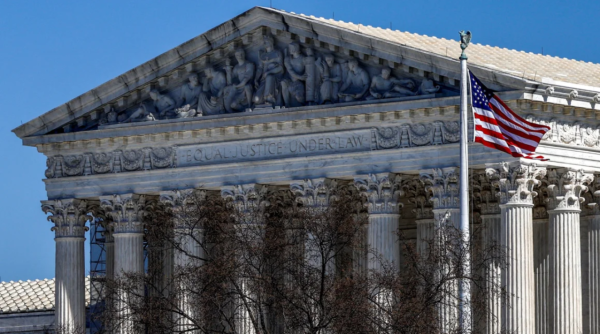Faculty leaders hold town hall to address reopening of campus, COVID concerns
July 15, 2020
Kent State faculty members and administrative leaders held a town hall meeting on July 15 to address concerns regarding the reopening of campus and procedures related to the COVID-19 pandemic.
Interim Vice President and Provost Melody Tankersley spearheaded the meeting alongside Associate Provost Sue Averill, Faculty Senate Chair Pam Grimm, Faculty Senate Vice Chair and President of the full-time non-tenure track Unit Tracy Laux, President of the Tenure Track Unit Deborah Smith and Interim Associate Provost Manfred van Dulmen. The meeting lasted an hour via Microsoft Teams, and each panelist addressed a number of questions from faculty members who submitted questions both prior to the meeting and in a live chat.
van Dulmen addressed the situation surrounding international students and their requirement to enroll in at least one in-person class to adhere to the Immigration and Customs Enforcement (ICE) department’s latest policy. van Dulmen said the university’s office of Global Education worked with international students to change their schedule throughout the past week to enroll in at least one in-person class. While ICE rescinded their decision after widespread backlash from universities across the country, van Dulmen said the university is encouraging its international students to keep their new schedules until further notice.
van Dulmen also answered questions related to COVID-19 testing on campus and said the university will not offer widespread testing to asymptomatic students and faculty. van Dulmen said no public university in Ohio is offering widespread testing at this time, and that Kent State will only offer testing to those with symptoms of COVID-19. The Deweese Health Center will be renovated to include negative pressure rooms to accommodate onsite testing.
Laux addressed concerns regarding face coverings on campus and said all faculty and students — including visitors and vendors — should wear face masks in public and in classrooms. If a student refuses to wear a mask in a classroom setting, faculty should encourage that student to wear a mask. If the student further refuses to wear a mask, faculty should recommend the student leave the classroom, and if the student continues to disrupt the environment, faculty then should dismiss the entire class for the safety of the other students. The disruptive student would then have to appear before a student conduct court for their actions. A last-resort scenario would involve the Kent State police department engaging in the situation.
Laux said the possibility of a student who takes an in-person class and has an exemption to wear face coverings is an unlikely circumstance that will occur next semester. If students or faculty with these exemptions face harassment or shaming for not wearing protective coverings, they should contact the Students Ombuds or affirmative action office for assistance.
Faculty moderators during the live chat said the university is looking at creating face mask policies for faculty to include in syllabi so students know of the new guidelines and any consequences. van Dulmen said the university is currently working with a vendor to provide face shields for those who cannot wear face masks.
If a student tests positive for COVID-19 and is taking an in-person class, the university does not currently have a process for informing faculty of that student’s health status. van Dulmen said the university’s COVID Watch Response Team will be coordinating with local health departments and public health experts to record cases of the virus amongst faculty and students. The university is also looking at establishing a university alert system similar to Ohio Public Health Advisory System that informs the community of the virus’s severity on campus.
Grimm said if a faculty member’s relative tests positive for the virus, that faculty should contact their academic unit administrator immediately and get tested. If a faculty member needs to take a leave of absence if they contract the virus and work on campus, they need to report sick leave to their supervisor if the absence is more than two to five contact hours.
For potential options regarding a full transition into online learning, Averill said a remote ready document will be available for faculty to reference in case the university has to close. The document will be available on the provost’s website by the end of the week.
Tankersley briefly mentioned new technology renovations in classrooms across Kent State, which includes simulcasting in-person classes online with cameras and microphones for faculty. van Dulmen said other renovations include installing large tents on pavilions across campus as potential outdoor options for events, meetings or classrooms.
According to Laux, although the standard increment [raises] for the 2020-2021 academic year have been deferred until the 2021-2022 academic year, all other increments such as promotion increments and longevity increments will be applied this upcoming year as well as through out the life of full-time non-tenure track faculty contracts. The deferral of the standard increment will result in the new Collective Bargaining Agreement [CBA] being extended until the academic year 2023-2024. 12-month faculty contracts were distributed on July 10, but nine-month contracts have been delayed until July 24. Tankersley said the COVID-19 disruption did not cause cuts to faculty salaries.
In regards to childcare services on campus, Tankersley said the Child Development Center sets its own schedule on openings and closings in usual circumstances and operates under state guidelines. The center does not have set guidelines under the university for operations.
Contact Troy Pierson at [email protected].




















